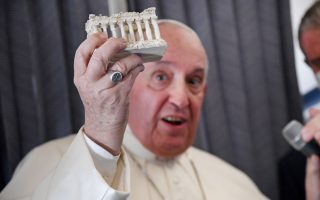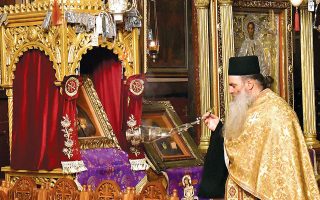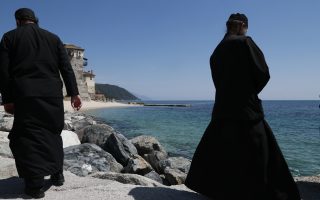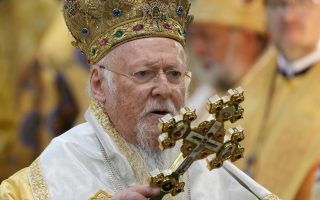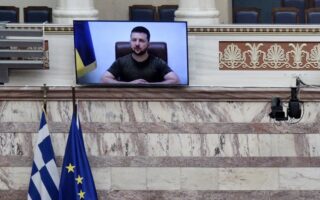Ecclesiastical diplomacy
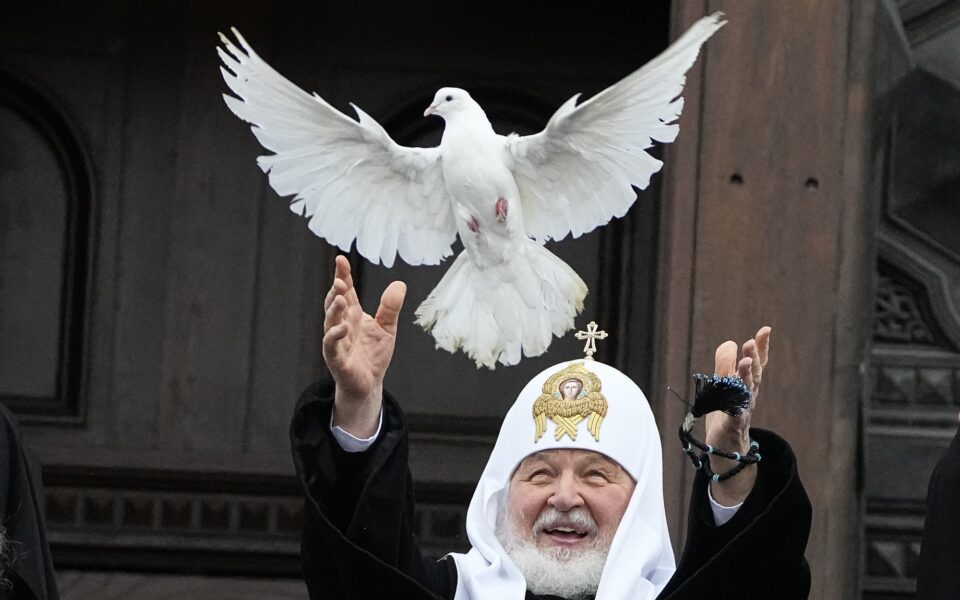
Aside from its humanitarian dimension, Ecumenical Patriarch Vartholomaios’ trip to Poland to meet and provide comfort to war refugees from Ukraine was also strong in religious symbolism. The visit conveyed the message that Orthodox Christianity is united against the Russian invasion of Ukraine, while disapproving of Patriarch Kirill, the leader of the Russian Orthodox Church, who endorsed the military campaign.
Kirill’s full-throated blessing of the invasion has shocked Christians worldwide. Barring few exceptions (Serbia and Antioch), autocephalous churches and Orthodox patriarchates have condemned the incursion and frozen their relations with the Moscow Patriarchate. The Ukrainian Orthodox Church (UOK), which is an autonomous church within the Russian Orthodox Church, suspended ties with Moscow and more than 300 religious leaders, clerics and theologians stopped praying for Kirill as their spiritual head.
What the Russian Orthodox Church managed to build in its campaign for hegemony in the Orthodox world is now being demolished by the tanks and artillery of President Vladimir Putin. However, in one way or another, this war will come to an end. And a new ecclesiastical order will be established in the war-wracked country that is bound to bear the stamp of the victors. After all, one of the reasons behind the Russian invasion was to overthrow an ecclesiastical status that was detested by the Russian side (both the patriarchate and the Kremlin) and that was blamed on Vartholomaios. The war will leave the status of the Russian Orthodox Church seriously damaged in the eyes of Christians around the world. The idea of the “Third Rome” (the concept that Moscow succeeded the Roman Empire as the center of true Christianity) is falling apart. The World Council of Churches is already collecting signatures to expel the Russian Church from its ranks.
Kirill has proved to be a faithful servant to the revisionist geopolitical plans of the Kremlin instead of featuring as the potential spiritual leader to the world’s around 300 million Orthodox Christians, as the Russian side has tried to showcase him. But even if the Church of Russia succeeds in imposing an ecclesiastical protectorate via the use of force in Ukraine, it will not be able to do the same in the rest of the world. Could Kirill have resisted Putin’s imperial schemes? The truth is that he has irredentist visions of his own.
It is perhaps time for the ecumenical patriarch to take a step forward. The Orthodox world is being severely tested. Some unifying gestures are called for.
